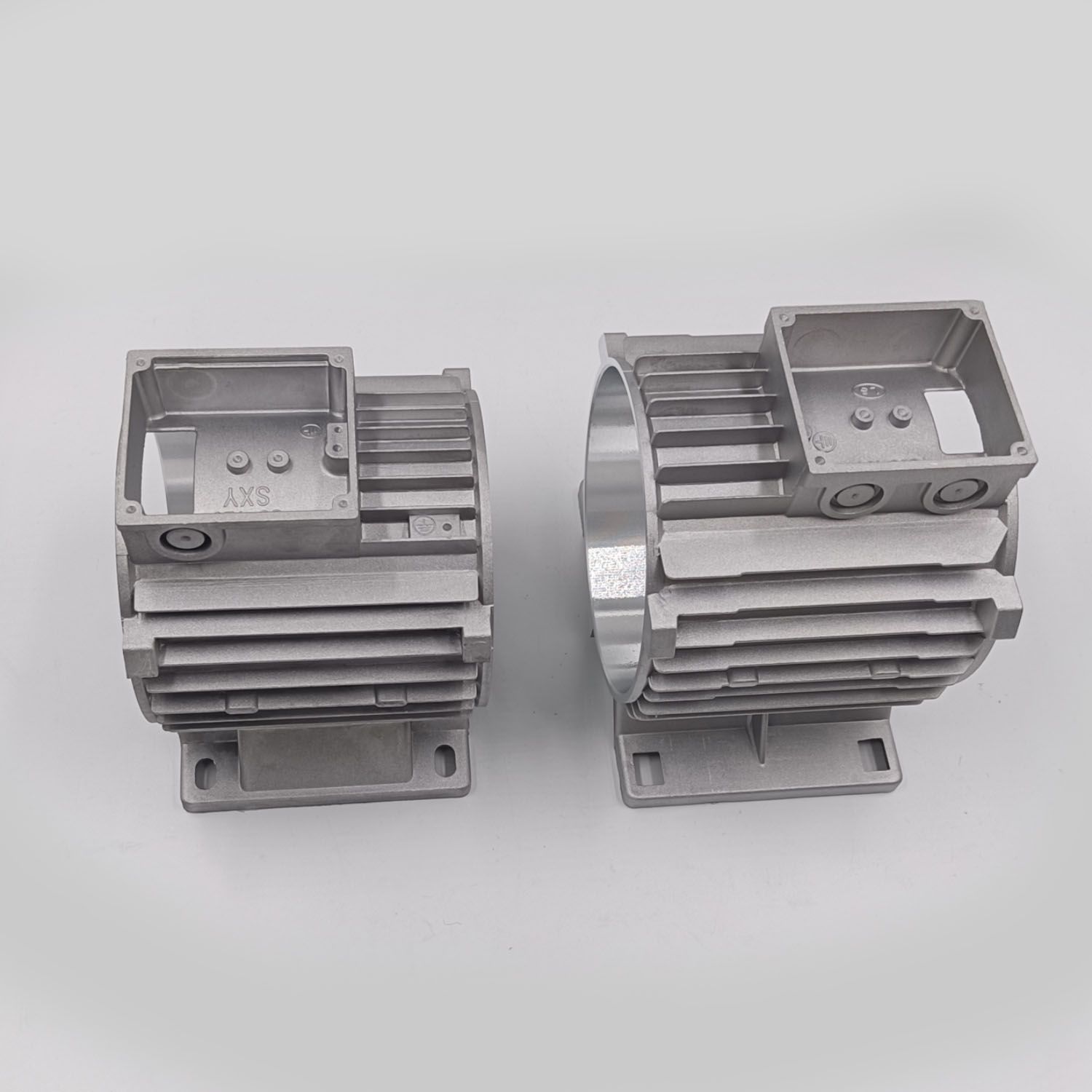The 8-Second Trick For Stahl Specialty Company
The 8-Second Trick For Stahl Specialty Company
Blog Article
Stahl Specialty Company Things To Know Before You Get This
Table of ContentsSee This Report on Stahl Specialty CompanySome Ideas on Stahl Specialty Company You Should KnowHow Stahl Specialty Company can Save You Time, Stress, and Money.The Only Guide to Stahl Specialty CompanyExcitement About Stahl Specialty Company
The subtle difference hinges on the chemical material. Chemical Contrast of Cast Light weight aluminum Alloys Silicon advertises castability by minimizing the alloy's melting temperature level and enhancing fluidity throughout casting. It plays a vital duty in allowing detailed mold and mildews to be filled precisely. In addition, silicon adds to the alloy's toughness and use resistance, making it beneficial in applications where durability is essential, such as automobile components and engine parts.It likewise enhances the machinability of the alloy, making it simpler to refine right into completed items. In this means, iron adds to the total workability of aluminum alloys.
Manganese adds to the stamina of light weight aluminum alloys and improves workability. It is generally used in functioned aluminum products like sheets, extrusions, and profiles. The presence of manganese help in the alloy's formability and resistance to cracking during construction procedures. Magnesium is a lightweight element that offers toughness and effect resistance to light weight aluminum alloys.
It allows the production of light-weight components with excellent mechanical homes. Zinc enhances the castability of light weight aluminum alloys and helps manage the solidification process throughout casting. It enhances the alloy's strength and solidity. It is usually found in applications where detailed forms and fine information are necessary, such as attractive spreadings and specific vehicle parts.
5 Easy Facts About Stahl Specialty Company Explained
Since aluminum-silicon alloys have great casting homes, high gas residential or commercial properties, basic procedures, and superb corrosion resistance, aluminum-silicon alloys are most typically used in the die-casting industry in the house and abroad. At the exact same time, aluminum-silicon alloys are also fairly early and commonly acknowledged alloys developed and used in die-casting. After continual study and enhancement, a lot of the existing global mainstream aluminum-silicon alloys have been finalized and are nothing more than A356, A360, A380, ADC12, B390, and A413.
The main thermal conductivity, tensile stamina, return toughness, and prolongation vary. Select suitable resources according to the performance of the target product created. Among the above alloys, A356 has the highest possible thermal conductivity, and A380 and ADC12 have the most affordable. The tensile limit is the contrary. A360 has the finest yield strength and the highest prolongation price.

The Greatest Guide To Stahl Specialty Company
In precision casting, 6063 is well-suited for applications where detailed geometries and high-quality surface coatings are vital. Instances include telecommunication enclosures, where the alloy's premium formability enables streamlined and aesthetically pleasing designs while maintaining architectural stability. Similarly, in the Lighting Solutions market, precision-cast 6063 parts create classy and effective lights components that require complex shapes and great thermal efficiency.
(https://www.gaiaonline.com/profiles/stahlspecialc/46950123/)
It brings about a finer surface area coating and much better rust resistance in A360. The A360 displays exceptional prolongation, making it perfect for facility and thin-walled parts. In precision spreading applications, A360 is well-suited for markets such as Consumer Electronic Devices, Telecommunication, and Power Devices. Aluminum Casting. Its enhanced fluidity permits for complex, high-precision components like smartphone coverings and interaction device real estates.

In accuracy casting, light weight aluminum 413 shines in the Consumer Electronics and Power Devices sectors. This alloy's exceptional rust resistance makes it an outstanding option for exterior applications, making certain long-lasting, resilient items in the discussed markets.
The Stahl Specialty Company PDFs
The light weight aluminum alloy you pick will considerably affect both the casting procedure and the homes of the last product. Due to the fact that of this, you should make your decision thoroughly and take an informed technique.
Determining one of the most appropriate light weight aluminum alloy for your application will certainly indicate considering a vast range of characteristics. These comparative alloy qualities follow the North American Die Spreading Organization's standards, and we've separated them into two categories. Aluminum Castings. The first category addresses alloy characteristics that affect the production process. The second covers attributes affecting the residential or commercial properties of the last product.
The alloy you pick for die casting straight impacts numerous aspects of the spreading process, like exactly how easy the alloy is to collaborate with and if it is vulnerable to casting issues. Warm fracturing, additionally referred to as solidification cracking, is a regular die spreading problem for aluminum alloys that can lead to inner or surface-level splits or splits.
Some Known Details About Stahl Specialty Company
Certain light weight aluminum alloys are a lot more vulnerable to hot breaking than others, and your option should consider this. An additional common issue found in the die spreading of light weight aluminum is pass away soldering, which is when the actors sticks to the die wall surfaces and makes ejection tough. It can damage both the cast and the die, so you must seek alloys with high anti-soldering buildings.
Corrosion resistance, which is currently a significant characteristic of light weight aluminum, can differ significantly from alloy to alloy and is an important characteristic to consider relying on the ecological problems your item will be revealed to. Put on resistance is another home commonly sought in aluminum products read this and can set apart some alloys.
Report this page